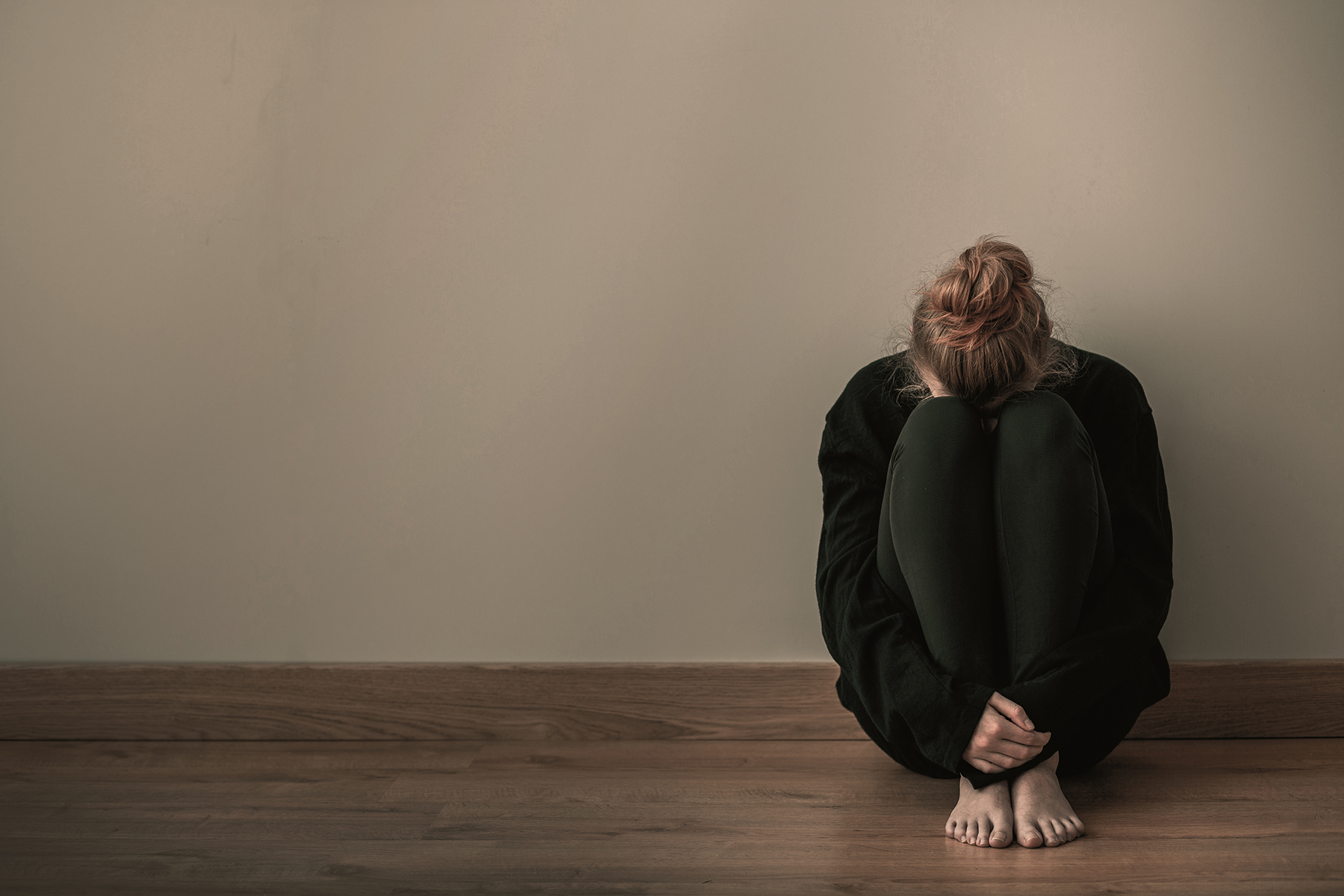We launched our eating disorder programme at The Bridge Marbella in 2023 to help people suffering from eating disorders recover, regain strength and break free from the damaging behaviours and obsessional thoughts that are common in eating disorders. We’re having such positive feedback from families and individuals who are going through our programmes and we love to see clients leave our eating disorder treatment centre so much healthier and stronger in body and mind, and ready for a bright future.
Our experienced and professional eating disorder-trained specialists can offer bespoke programmes for people dealing with a range of eating disorders. This includes bulimia nervosa, an eating disorder which can stay hidden for a long time because many sufferers remain at a relatively normal weight and they are very good at masking their behaviours.
We spoke to our eating disorder programme leader, Ali Silver, to find out more about bulimia and how she and her team help clients overcome their struggles with bulimia.
Can you please give us a definition of bulimia nervosa?
Bulimia is an eating disorder which manifests in regular episodes of eating a very large amount of food (bingeing) followed by practices to prevent weight gain, such as vomiting or laxatives (purging). During a bingeing episode, people tend to feel a loss of control over their eating, and it is often followed by feelings of shame or guilt.
How is bulimia different to anorexia?
Bulimia nervosa differs from anorexia nervosa in that there is not always a pattern of starvation. Many people may, on the surface, eat ‘normally’. They may binge, or they may restrict themselves in some way. Bulimic episodes could be daily or weekly. But eating is very much disordered.
The lack of pattern and the less dramatic weight loss can make it more difficult to identify bulimia for care-givers and parents. We recently wrote a blog about the difference between anorexia and bulimia that might help identify any issues sooner.
What are the signs to look out for that someone may be suffering from bulimia?
- Disordered eating patterns and a fear of putting on weight
- A distorted view of their bodies and being highly critical of the way they look
- Poor body image and low self-esteem
- Eating large amounts and then feeling guilty or ashamed
- Not wanting to eat around people or highly restricting the kind of food they will eat
- Going to the bathroom after eating
- Excessively exercising
- Finding evidence of laxative use
- Complaining of tiredness, a sore throat or stomach pain
- Having a puffy face or being bloated
Why do people purge?
For some bulimics, purging is a way of weight control, but it isn’t always about losing weight. The act of purging releases endorphins and a hit of dopamine, which is incredibly addictive. This makes it a very hard pattern to break when doing so alone.
How can you treat bulimia?
Our first step would be to stop the bulimic behaviour – purging, exercising, laxatives, etc. The further you get from your last bulimic episode, the weaker the habit becomes.
Like other eating disorders, bulimia nervosa creates dietary chaos. We reset the body with nutritional rehabilitation. This involves eating regular meals and snacks which are varied and balanced.
Our programmes differ depending on the individual needs of each client, but we usually integrate therapies such as CBT, psychodynamic and person-centred therapy, group therapy and psychoeducation. This is to help break the pattern of negative and limiting thinking and beliefs, which so often leads to the behaviours of bingeing and purging.
Therapy and body image workshops also help people build self-confidence and a love for who they are. Once you love yourself, you are more likely to nourish your body and look after it with healthy levels of exercise rather than use food and exercise to control or punish.
Can you give us an example of someone you have helped?
Unfortunately, many of our clients are young women who are very isolated and depressed. This was the case with a 17-year-old patient who came to us after two years of bingeing and purging in her room, never eating in front of anyone and only eating yoghurt, peanut butter and bananas.
Our first step was to stop her from purging, and one of our team shadowed her 24 hours a day to ensure that wasn’t happening. Our nutritional therapist designed a nutritious meal plan consisting of three meals a day and two snacks, which she felt able to handle in that early stage.
She worked with a therapist and CBT practitioner to help her change her thinking around food and get out of the trap of thinking certain foods were “unsafe”. We also worked with her on body image, stress and emotion management, incorporating yoga and meditation into her programme and taking her out to start enjoying life again.
After three months, the change was incredible. She was comfortable and relaxed around food, eating a varied diet and feeling good about herself and positive about her future. It was beautiful to see, and we wish her every success.
I recently heard about a new eating disorder called diabulimia. Can you tell us about this?
There’s a worrying trend with people with Type 1 Diabetes restricting the amount of insulin they use for weight loss purposes. In a recent study with 225 participants, 8.9% were found to have diabulimia.
There’s also lots of hype around the diabetes medication Ozempic, which has been seen to lead to weight loss and is being used by people who do not have Type 2 Diabetes but just want to lose weight. I am concerned that this will be another tool for people with eating disorders to control their weight, and access to it should be controlled.
What should parents or care-givers do if they suspect that someone has an eating disorder?
It’s key to get help as soon as possible, as the earlier an eating disorder is treated, the easier it is to overcome and the less damage that is done to the person’s physical and mental health.
A good first step is taking them to see their GP, discuss their issues, check their weight and development, and make referrals to find the right help for their case.
The UK charity BEAT has helplines and chatrooms where you can find support if they refuse to get medical help, for example. There are also support groups and therapists who specialise in eating disorders.
A residential eating disorder treatment centre like ours is an excellent choice when the behaviours have become extreme, and their emotional reactions to food are very strong, or they are becoming dangerously underweight. If you feel like they are very secretive and it is impossible for you to manage at home, our experienced team can ensure that these behaviours stop, and we can support them and guide them with an intensive eating disorder treatment programme.
Whatever route you choose, please do seek help if you have any concerns at all, as eating disorders are dangerous mental health conditions.




